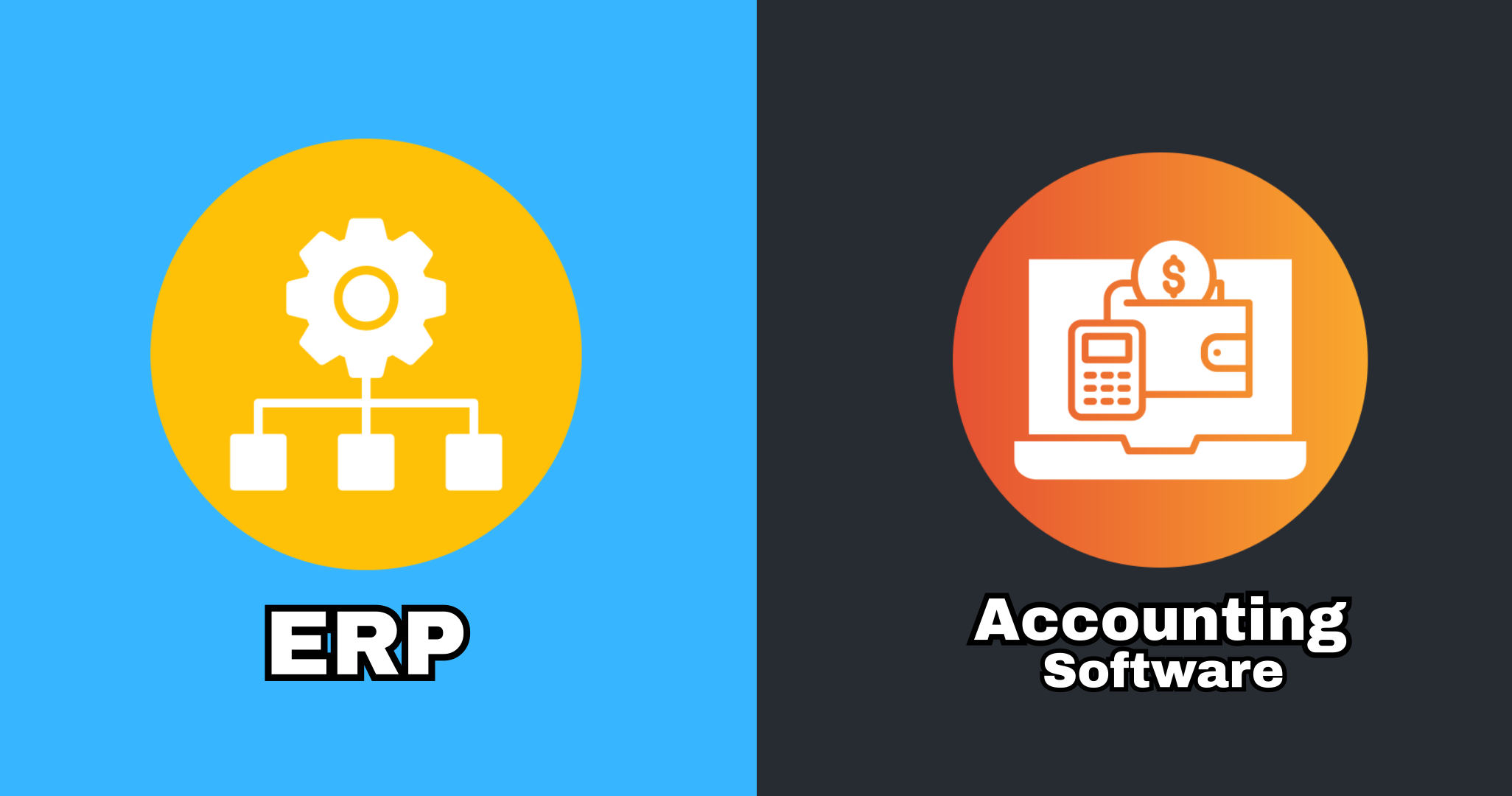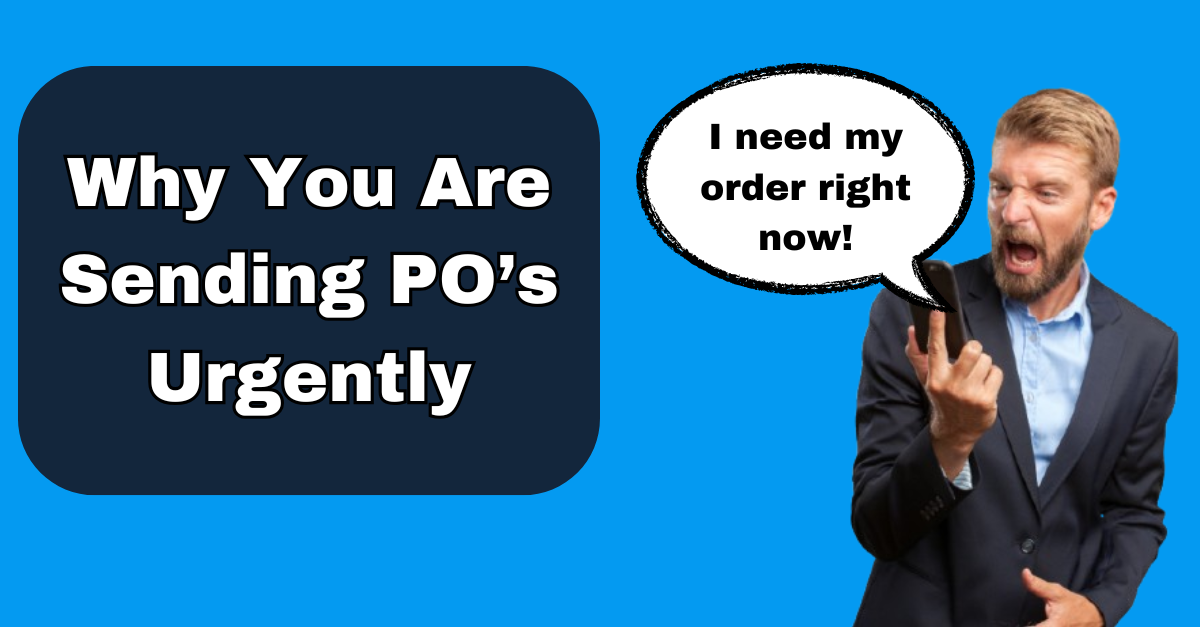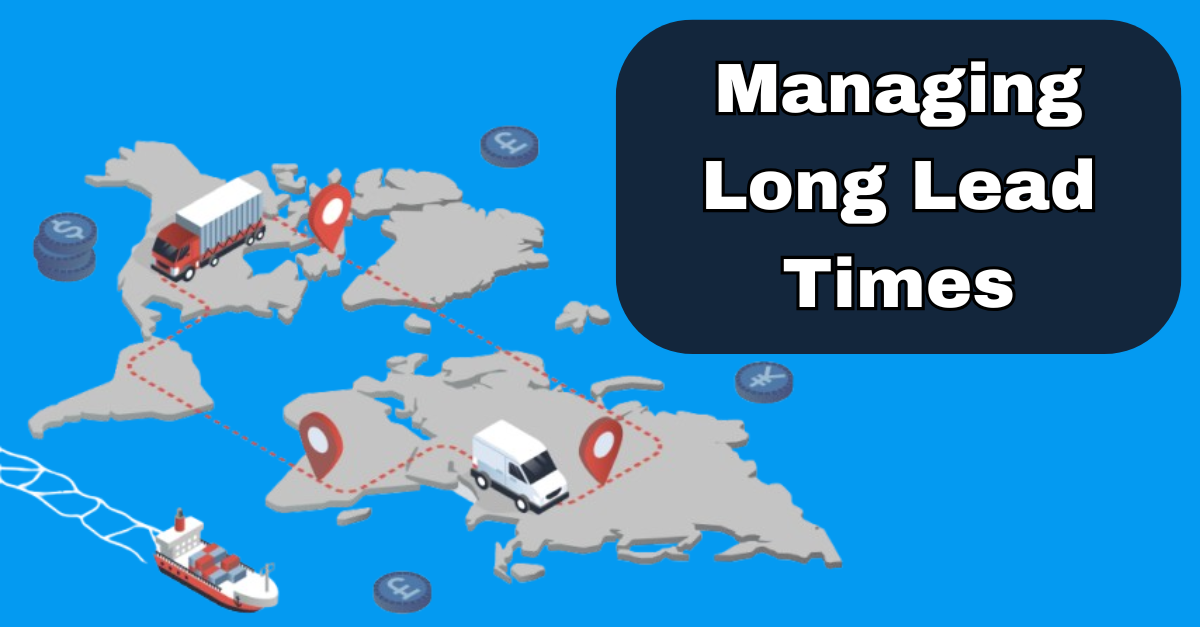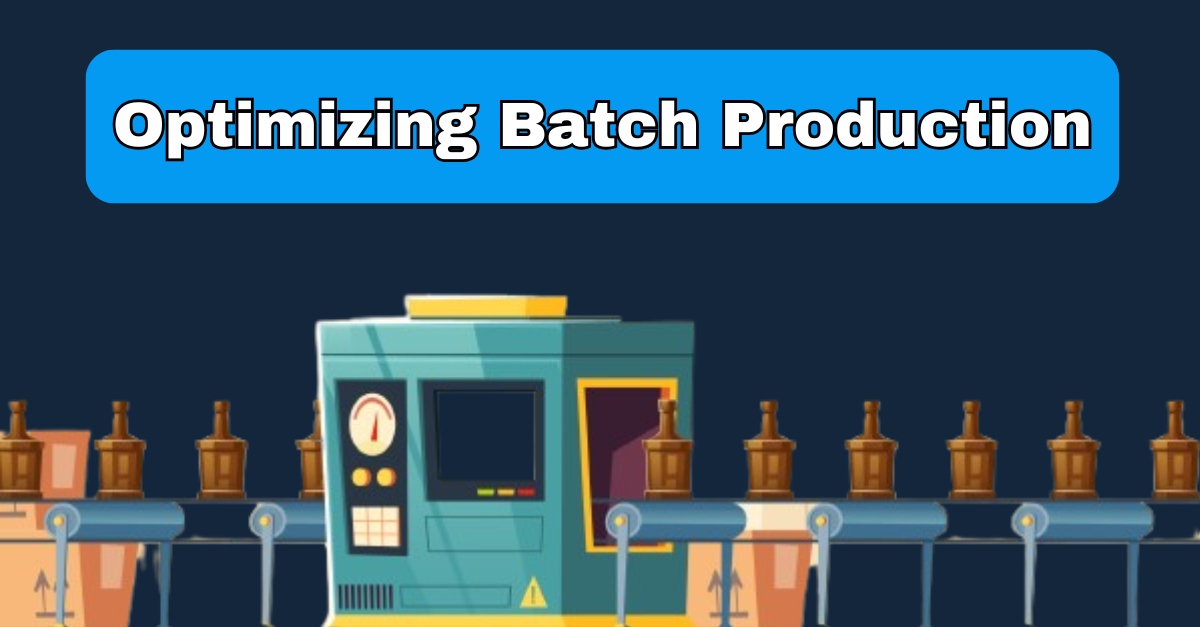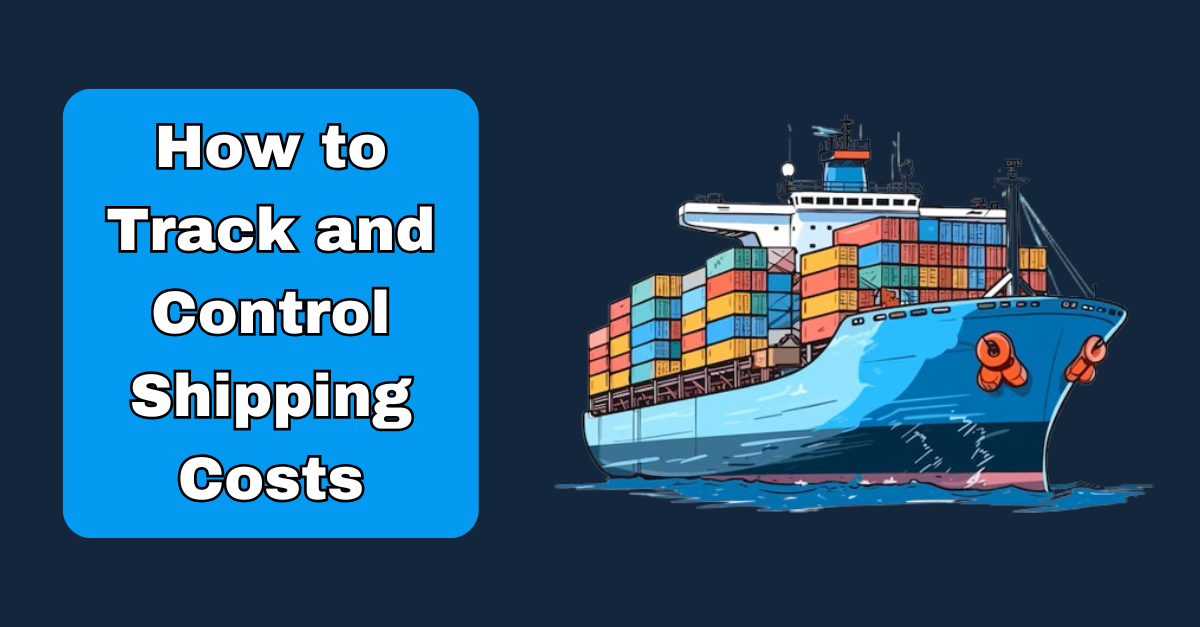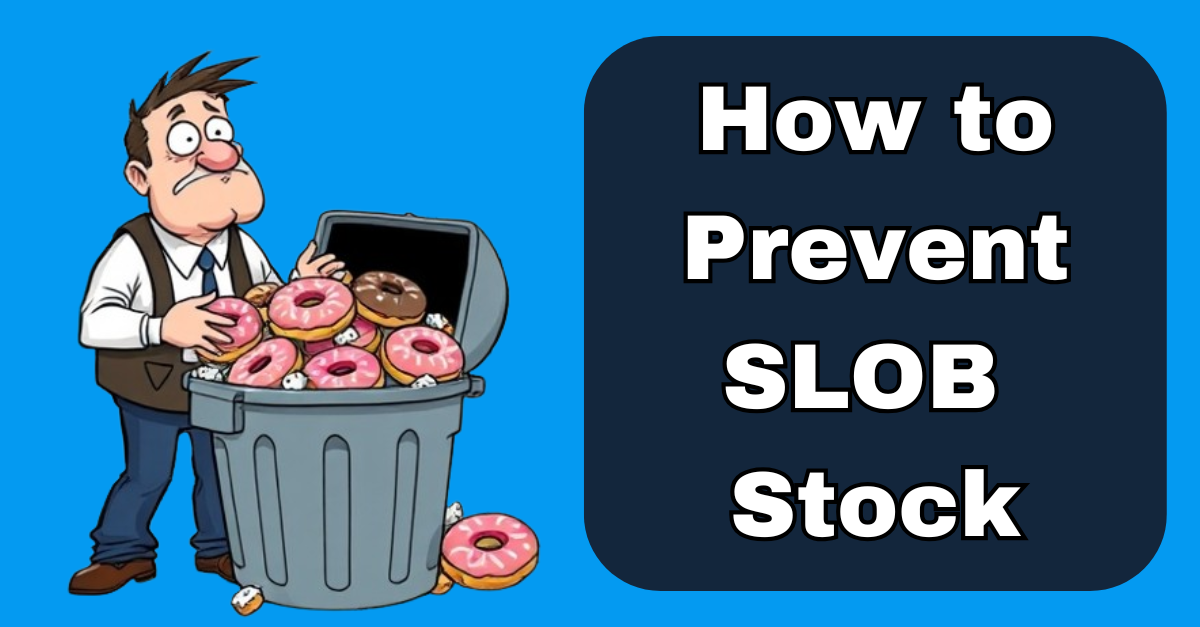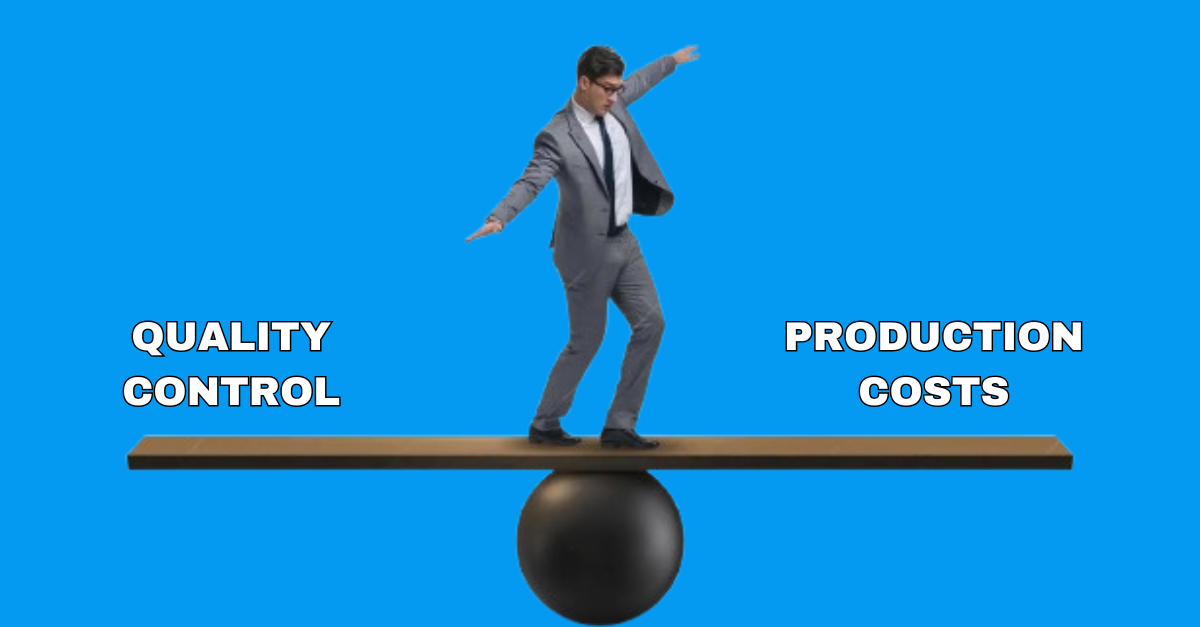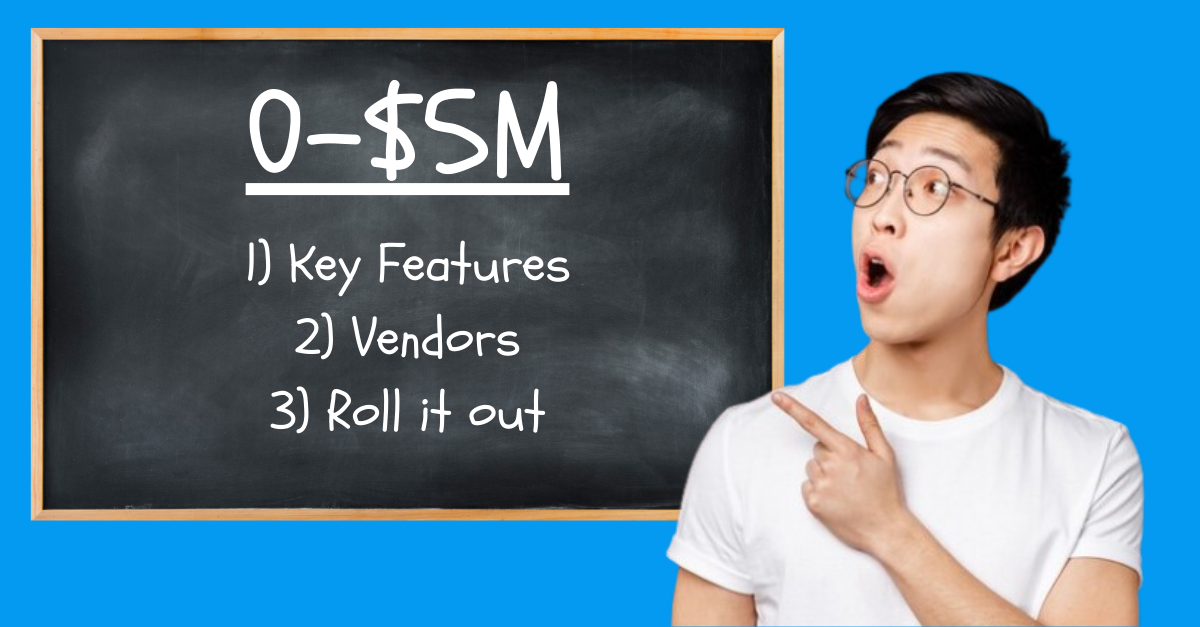ERP vs. Accounting Software – What to Buy?
When it comes to running your business, picking the right software is a big deal. Two common options are ERP (Enterprise Resource Planning) systems and accounting software. They might seem similar, but they do pretty different things.
What’s an ERP?
An ERP is a software solution that helps you manage pretty much all of your day-to-day operations, like procurement, inventory, manufacturing, and sales. The cool thing about ERPs is that they let data flow seamlessly between departments, so everything’s connected. The big win here is boosting productivity with streamlined processes and built-in automation.
What’s Accounting Software?
Accounting software, on the other hand, is all about managing the financial side of things. It’s used for recording transactions, managing payments, and reconciling your bank statements. Like ERPs, it helps you save time by automating routine tasks.
What’s the Difference?
The main difference is that accounting software is focused solely on financial activities, while ERPs are built to handle almost everything your business does. Accounting software tends to be cheaper and works fine for smaller businesses with straightforward needs. But if your business is growing and you’re dealing with more complex operations—like managing procurement, manufacturing, and inventory—then you’ll likely need an ERP.
What’s the ideal setup?
If you’re just starting out, using basic accounting software like QuickBooks or Xero, along with spreadsheets, is often sufficient to manage your business. However, as your business grows, you may find that managing operations through spreadsheets becomes increasingly time-consuming and prone to errors. This is when it makes sense to consider implementing an ERP system.
For many small and medium-sized businesses (SMBs), an ERP designed specifically for their needs is the next step. These ERPs are effective for managing operations such as inventory, procurement, and sales, but they often lack built-in accounting features. As a result, you’ll likely continue using your existing accounting software to handle the financial aspects of your business. Integration between your ERP and accounting software is crucial here. It allows for seamless data flow between systems, ensuring that your financial records remain accurate while your operational processes are streamlined.
As your business continues to expand and operations become more complex, you might eventually outgrow this setup. At that point, you may consider transitioning to a more comprehensive ERP system that includes integrated financial management. However, these enterprise-level ERPs come with a significant cost and are designed for much larger organizations. It’s important not to adopt such a system prematurely, as the investment can be substantial. For most SMBs, continuing with a more affordable, modular ERP that integrates well with existing accounting software is a practical approach until the business reaches a stage where a full-scale enterprise solution is truly necessary.
